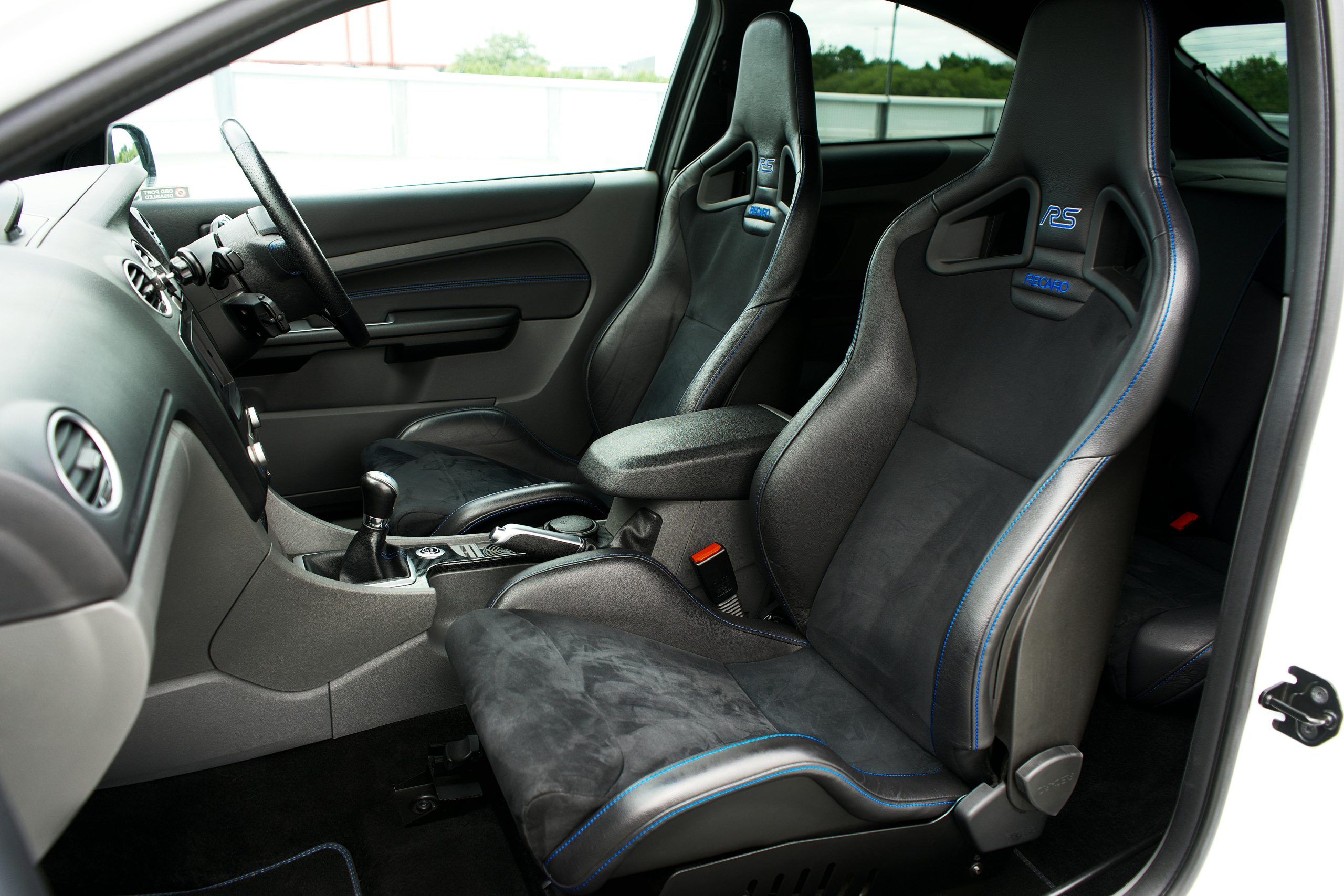The Impact of AI on Vehicle Safety and Comfort
As technology continues to advance at a rapid pace, the automotive industry is not far behind. With the introduction of Artificial Intelligence (AI), vehicles are becoming smarter and more efficient. While many people associate AI with autonomous driving, its impact goes beyond just that. In this article, we will delve deeper into the impact of AI on vehicle safety and comfort, highlighting the advancements and innovations that have been made in this field.
Enhancing Safety with AI
The number one priority for any vehicle is safety, and AI has proven to be a game-changer in this regard. With the use of sensors, cameras, and machine learning algorithms, AI has enabled vehicles to have a 360-degree view of their surroundings. This has significantly reduced the risk of accidents caused by blind spots, as vehicles can now detect and avoid potential hazards on the road.
AI has also been responsible for the development of advanced driver assistance systems (ADAS) such as lane departure warning, automatic emergency braking, and adaptive cruise control. These features not only make driving more convenient but also help to prevent collisions and reduce the severity of accidents.
In addition, AI-powered predictive maintenance systems have been developed to monitor and detect potential issues with a vehicle’s components. By identifying potential problems beforehand, these systems can prevent vehicle failures and breakdowns, thus enhancing overall safety and reliability.
Improving Comfort with AI
Aside from safety, AI has also had a significant impact on the comfort and convenience of vehicles. One of the most notable developments is the integration of virtual assistants, such as Amazon’s Alexa and Google Assistant, into vehicles. These AI-powered assistants can perform various tasks for drivers, such as making calls, playing music, and providing navigation directions, all hands-free.
Moreover, AI has enabled the creation of smart climate control systems that can adjust the temperature and airflow inside the vehicle based on the driver’s preferences. This not only increases comfort but also helps to conserve energy and reduce emissions.
Additionally, AI has been used to develop advanced entertainment systems, such as gesture and voice-controlled infotainment systems, providing drivers and passengers with a more enjoyable and personalized driving experience.
The Future of AI in Vehicles
The use of AI in vehicles is still in its early stages, and there is still much room for growth and innovation. One of the most anticipated advancements is fully autonomous vehicles, which can operate without any human input. This technology has the potential to significantly reduce the number of accidents caused by human error, making roads safer for everyone.
Furthermore, AI will continue to play a crucial role in the development of electric and hybrid vehicles. By optimizing power distribution and energy consumption, AI can help to extend the range of these vehicles and improve overall performance.
In conclusion…
The impact of AI on vehicle safety and comfort is undeniable. From advanced safety features to personalized and convenient driving experiences, AI has revolutionized the way we think about and interact with our vehicles. As technology continues to evolve, we can expect even more innovative and groundbreaking developments in the automotive industry, making driving safer, more comfortable, and more enjoyable for everyone.










